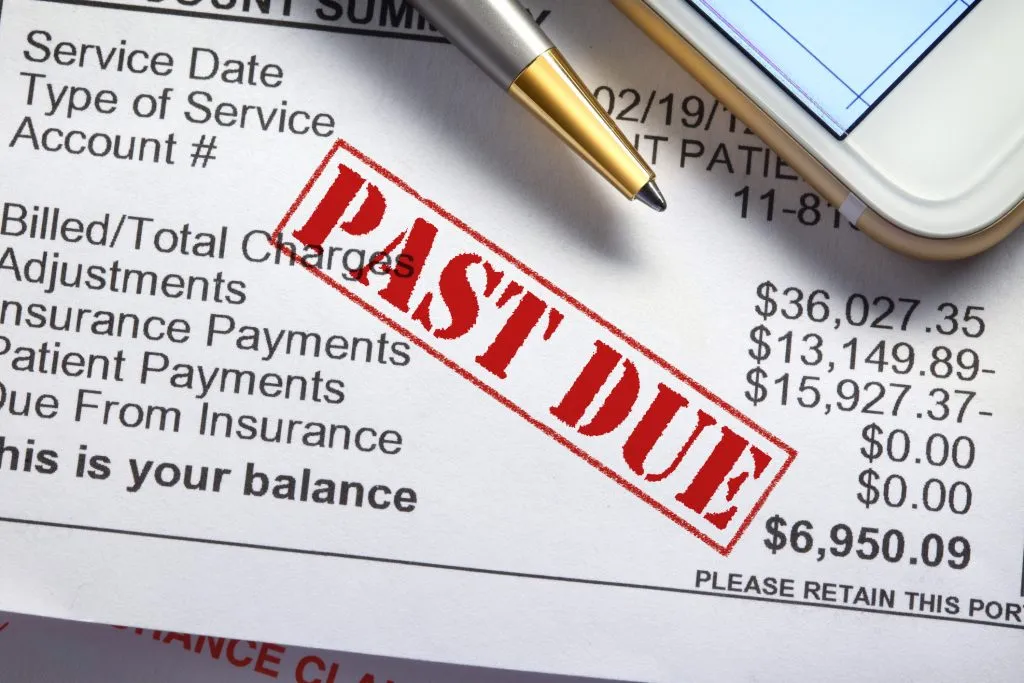After getting a mesothelioma diagnosis, it’s worth filing a lawsuit against the party responsible for your asbestos exposure. Not only will it help you get closure as much as possible, but it’s the right thing to do. It’s also the only way you’ll get financially compensated enough to cover your medical bills, time off work, and care for your dependents.
If you suspect you might have mesothelioma, but aren’t sure and haven’t seen a doctor yet, check out this thorough mesothelioma guide to read up on the symptoms. When you do go to the doctor, make sure you see a specialist and not your regular physician to get the most accurate diagnosis possible. A specialist will understand that symptoms can overlap between mesothelioma and other common illnesses, but unlike a GP, they’ll have the expertise to know when to be concerned.
Being on the fence about filing a lawsuit is understandable, but here are all the best reasons to contact an attorney and sue.
You deserve to be compensated financially
A lawsuit won’t reverse your illness, and being awarded money won’t magically give you a full recovery, but that doesn’t mean you shouldn’t pursue compensation for your illness.
You deserve to be financially compensated for your illness that resulted from someone else’s negligence. The bottom line is that asbestos is a dangerous and deadly substance that should never have been used as freely as it was decades ago. In fact, it’s still in use today, and the EPA has refused to issue a ban in the United States. Instead, it’s merely regulated, which only reduces the number of people being exposed. That’s not good enough.
If you wait for a government agency to give you money, you’ll be waiting forever because it won’t happen. All the appropriate agencies are well aware of how deadly asbestos is, but they still aren’t going to compensate anyone. If you want to recover funds to pay your mounting medical bills, lost wages, household bills, and take care of your family, you need to sue.
You’ll be helping others

Getting compensated enough to pay your own bills is great, but you aren’t just helping yourself by suing the responsible party. You’re also paving the way for other people to win future lawsuits more easily. It also puts pressure on companies to stop using asbestos products since future lawsuits will be guaranteed.
By filing your personal injury lawsuit after obtaining a mesothelioma diagnosis, you’re also adding your name to the long list of people whose lawsuits might finally spark some definitive legislative action in the future. If enough people establish the problem, it makes it easier for activist groups to use that as leverage to enact legislation.
Asbestos lawsuit awards top millions of dollars
While some asbestos injury lawsuits settle out of court, others go to trial, where plaintiffs are awarded millions of dollars. Most of the time, it’s the punitive damages that make judgments reach the million-dollar mark, and if you want punitive damages, you have to go to trial.
For example, a Los Angeles County jury handed down an award of $107 million in a wrongful death case involving a maintenance employee who was exposed to asbestos while the building was being renovated. During the renovation, original walls containing asbestos joint compound were demolished, and the employee was exposed to that asbestos. His family sued the manufacturer of the raw asbestos, Union Carbide, and won $32 million in compensatory damages and $75 million in punitive damages.
There’s nothing wrong with wanting to be financially compensated for your illness, especially since it’s not your fault. It makes sense to file a lawsuit to recover what you can, even if your sole motivation is to take care of your family.
Insurance companies generally pay the awards
If you’re worried that winning compensation in a mesothelioma lawsuit will make ordinary people have to pay hundreds of thousands of dollars out of their own pockets, don’t worry because that’s not what happens.
When you sue for your mesothelioma diagnosis, you’ll likely be suing the manufacturer of an asbestos product, or the company that installed the product. They will have insurance policies specifically designed to cover lawsuit settlements, and your payout will come from their insurance provider(s).
Medical bills are a burden

Having a pile of unpaid medical bills you don’t know when or if you can pay is a terrible feeling. Knowing you’ll never pay them is even worse.
If you don’t want to feel the stress of having mounting bills from doctors, hospitals, surgeries, tests, and more, you need to file a lawsuit so you can get compensated enough to pay your bills.
Your household bills won’t be paused
Although some people can get extensions for a month by communicating kindly with their service providers or credit card companies, that’s not going to be enough if you’re missing more than one month of income. Even if you can make payment arrangements, you’ll still be behind, and without a source of income, you won’t be able to make any payments.
If you’ve had to take time off work or have missed paychecks, and your bills are still coming in, filing a lawsuit is the only way to get those bills taken care of in full. The electric company won’t keep your lights on if you don’t pay the bill, and your cell phone provider won’t hesitate to shut off your phone for non-payment. Getting compensated through a lawsuit is the only way to handle your bills without going further into debt to make that happen.

Having mesothelioma is not your fault
You didn’t ask to get diagnosed with mesothelioma, and you shouldn’t have to pay for your medical care. It makes sense to file a lawsuit against the responsible party to recover the compensation you need to pay your bills. There is no reason you should have to suffer, borrow money, or drain your bank account to cover the expenses of an illness you have because of someone else’s negligence. So don’t hesitate to contact an attorney and see if you have a strong case.




